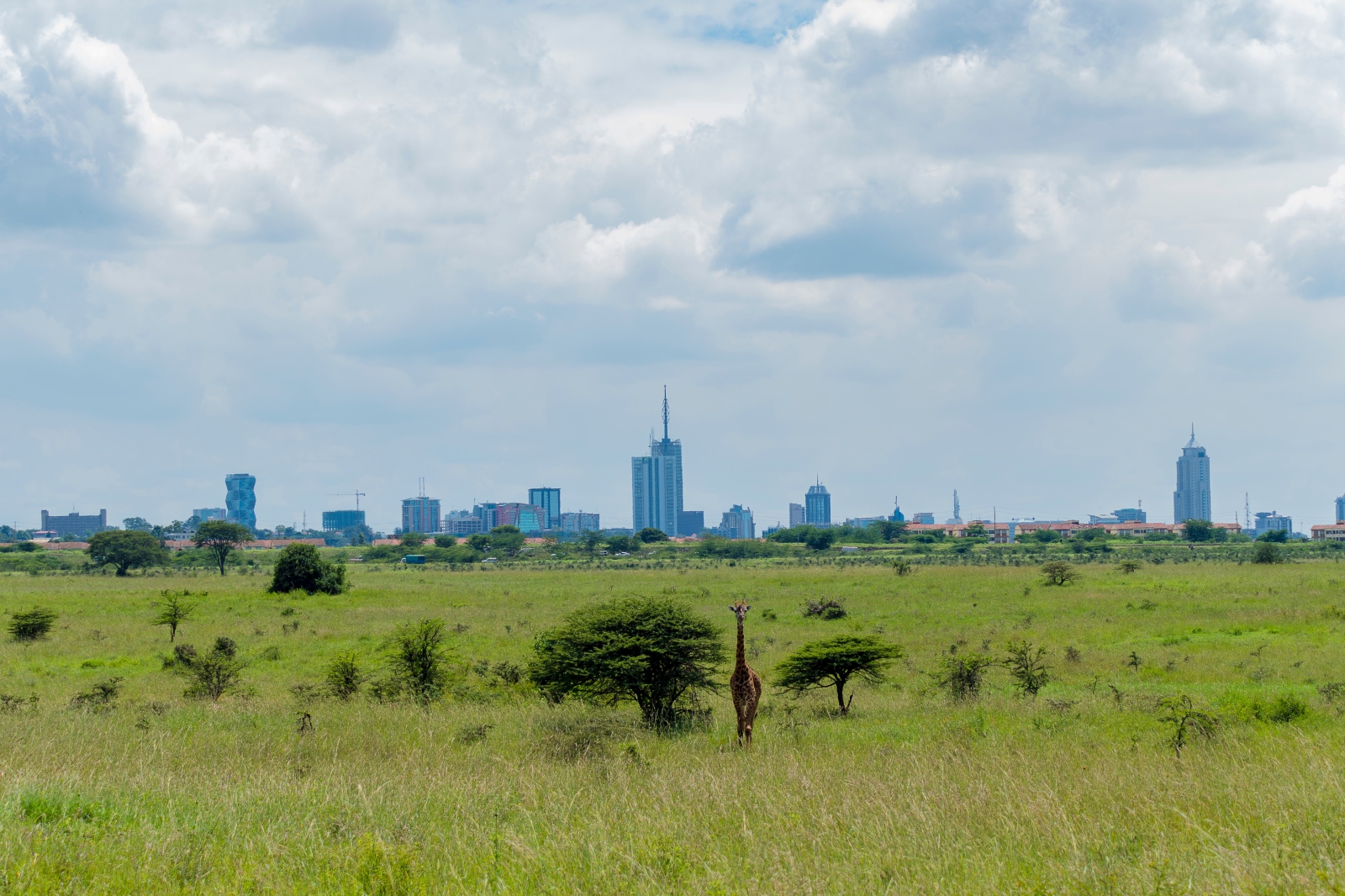The first Africa Climate Summit kicks off on September 4. Summoned by the African Union and hosted by the Republic of Kenya in the capital, Nairobi, the summit aims to bring the continent's diplomats together over three days around the urgency of climate action and to find multilateral agreements on climate finance.
“We want to start changing the discourse regarding Africa being a victim of hunger, famine and floods,” said Kenyan Environment Minister Soipan Tuya just days before the summit. “The new narrative should be focused on an Africa willing and ready to attract capital in a timely, equitable and large-scale manner to lead the world in addressing climate change.” Hundreds of millions of dollars of public and private investment are expected by organizers. These resources are to be directed primarily to nature-based solutions, clean energy and adaptation to climate change.
Finance, therefore, is becoming more and more a knot to unravel, but also a common thread in diplomatic agendas in the run-up to COP28 in Dubai at the end of November. The first Africa Climate Summit – which will be attended by more than 20 African heads of state and government, 20,000 delegates and UN Secretary General António Guterres – is, in fact, being held just days before the conclusion of the work of the 19th regular session of the African Ministerial Conference on the Environment (AMCEN), hosted in Ethiopia by the United Nations Environment Program (UNEP). Summit that led 54 countries to sign the Addis Ababa Declaration on August 18. Will there be continuity of purpose in the final declaration of the Africa Climate Summit, scheduled for September 6?
Africa Climate Summit 2023, unified message: climate finance
“The Africa Climate Summit represents a pivotal moment for the continent and marks the convergence of African leaders and stakeholders committed to addressing the growing climate crisis,” Ali Mohamed, Kenya's Special Envoy for Climate, tells Renewable Matter.
According to a Climate Policy Initiative report released in September 2022, to implement its Voluntary National Contributions (NDCs) and meet its 2030 targets, the African continent would need $277 billion annually. Annual flows, however, are stuck at only $30 billion. The private sector is also to blame, contributing only 14% ($4.2 billion) of the total in Africa, investing mainly in mitigation projects (81%).
Africa Climate Summit: goals
“The event is intended to meet multiple expectations,” Mohamed continued. “First, the summit aims to galvanize African nations to form a united front in addressing climate change, as will be highlighted by the African Leaders Nairobi Declaration on Green Growth and Climate Finance Solutions. This well-established commitment will resonate with urgency and determination, effectively echoing Africa's concerns and aspirations on the global stage.
The summit also has the potential to amplify the continent's collective voice, thereby substantiating a unified message that resonates far beyond its borders. The emphasis could be on a shared commitment to ambitious emission reduction targets, accelerated adaptation efforts, and enhanced climate finance mechanisms. This message will underscore Africa's readiness to collaboratively address the climate crisis while insisting on equitable burden-sharing in the global effort.”
Addis Abeba Declaration
The Africa Climate Summit will focus on the imperatives of sustainable growth, equitable resource allocation and enhanced climate resilience. Three dimensions of intent – environmental, economic and social – that also emerge from reading the Addis Ababa Declaration (available in draft for now).
“The Addis Ababa Declaration covers five areas where Africa can turn environmental challenges into opportunities: plastics, climate change, chemicals. As well as ensuring that the continent will be able to use the issue of critical raw materials to its advantage to foster a low-emissions development pathway, and making sure that Africa prioritizes the issue of adaptation by getting adequate funding,” Richard Munang, Deputy Regional Director of UNEP Africa Office, comments to our magazine.
Towards Dubai COP28
However, the 54 signatory countries not only reaffirmed their commitment to negotiations for a Global Plastics Treaty and preparations for the Conference of the Parties to the United Nations Convention to Combat Desertification and the International Conference on Chemicals Management. Indeed, the text includes a very clear expectation: the final launch of the Loss and Damage fund (a fund created for the loss and damage incurred as a result of climate change) during the upcoming COP28, “through the provision of additional financial resources by developed countries and the identification of new sources.”
The Addis Ababa Declaration also includes no shortage of reference to the Global biodiversity framework initialed at the last COP15 and a commitment to translate its mandate at the national level, to ensure that the biodiversity funding gap (amounting to $700 billion per year) is fully closed and that international financial flows to developing countries are increased to at least $20 billion per year by 2025, up to $100 billion per year.
Biodiversity and CO₂
Finally, in the document, the ministers welcomed the Republic of Congo's initiative to hold the Three Basins Summit in Brazzaville. The summit will bring together the countries of the Amazon, the Congo Basin, and Southeast Asia, which together account for 80% of the world's tropical forests and two-thirds of the earth's biodiversity. Indeed, one of the main goals of African countries in the run-up to COP28 in Dubai – where the Global Stocktake, the review process aimed at assessing the progress and implementation of the Paris Agreement, is also expected to be finalized – will be to gain recognition of the Congo Basin forest as a key region for CO₂ absorption.
“The discussion will not only be about how these different basins in different parts of the world can be better managed to ensure that forests are intact and to sequester carbon. The focus will also come from the point of view of funding to continuously restore and preserve these forests so that they can provide services to the global community on an ongoing basis,” Munang concludes. “From my perspective, during the upcoming COP28, I think the discussion will have to move away from the narrative of funding and mitigation and start discussing the services that nature provides that are instrumental to adaptation.”
Image: Murad Swaleh, Unsplash



